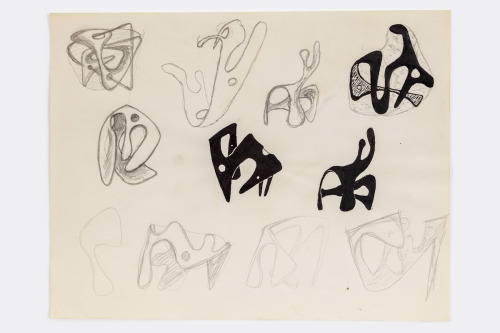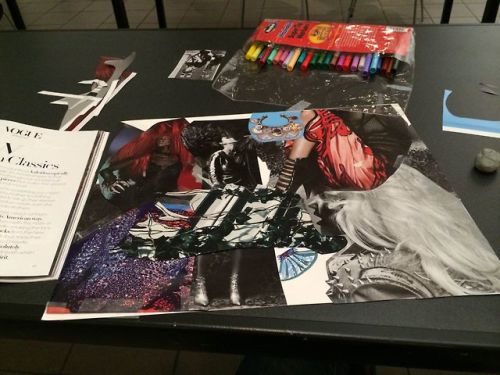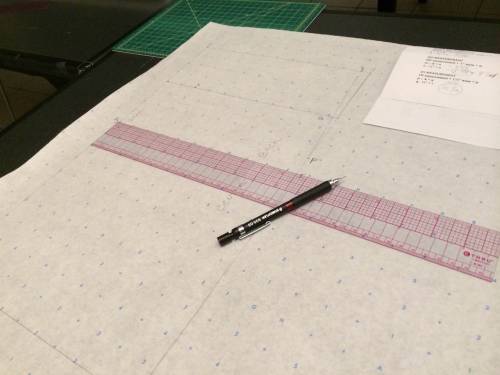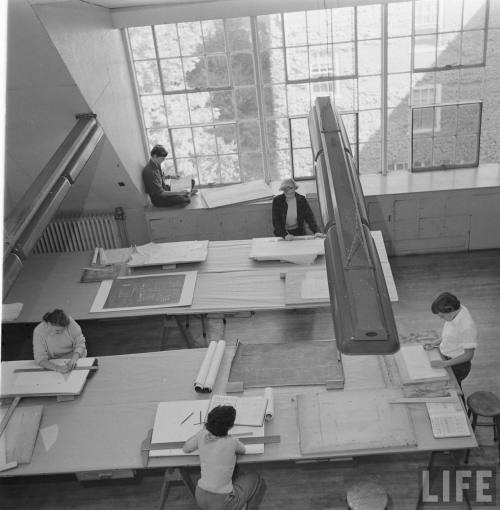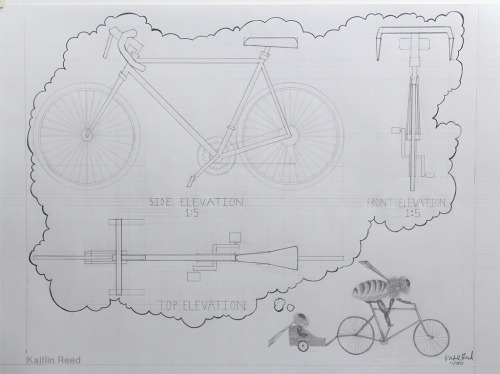#drafting

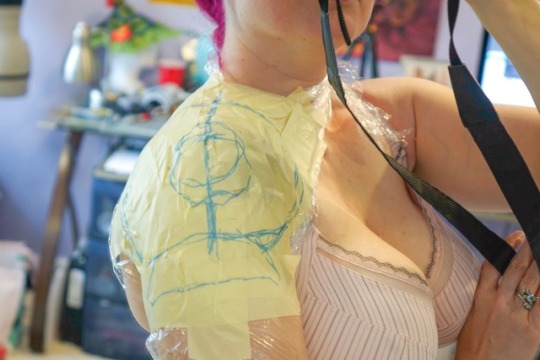



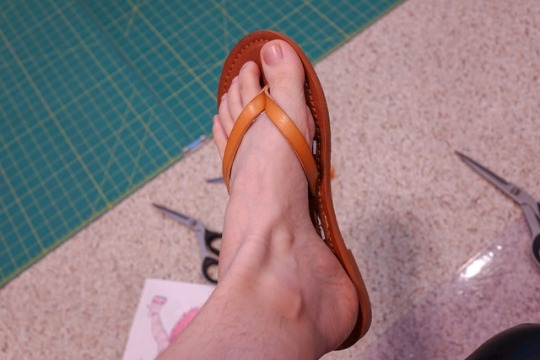



**Warrior Peach WIP**
Slow updates cause been fighting demotivation issues, but also no streaming cause I’ve been bouncing back and forth between project ideas.⠀
Over the past couple days during the free time I had, I started doing mockups of other armors. This included the shoulder armor, as well as the boot patterns! To do both of these- like most of this costume, I wrapped myself up in plastic wrap and then masking tape and then outlined what I wanted.⠀
One of the interesting things I’ve done with both of these pieces is used poster-board to play around with some of the shaping. For example there is that little ‘lip’ on the armor that tape couldn’t shape, so I played with a piece of poster-board until I was happy. The same went for the shoes that have a 'steel toe’ as I’m going to call them, so I added some posterboard there to give my cheap sandal bases some 'lift’ that I could get the better shape for where the fabric will be going.⠀
Hopefully at some point I’ll get the bodysuit done. I tried to time myself so that the armor was completed before it became too cold outside to spray paint. At some point in my life I’ll work on an armor cosplay where it’s warm outside hahaha… ha..⠀






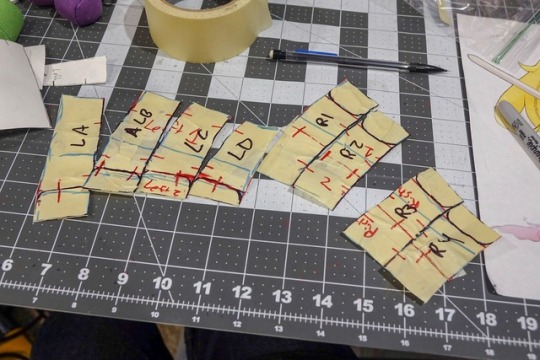
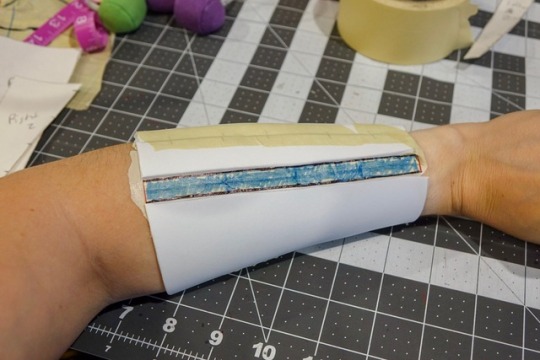

**Warrior Peach WIP**
Want to give a super shout out to all those that joined me on my Twitch stream yesterday, and @cosplaysupplies who is sponsoring this armor build!
It was a super productive day, which was great given how bad I’d been fighting depression. A full draft was finished off the arm bracers that I’ll make of L200 foam.
The process started with making a live mockup on my arm with saran wrap and masking tape. The photos here are my second draft as I wasn’t happy with the first. I used 3 different markers to keep track of my steps= blue for gridlines and draft lines, red for more details, and black for final. I always use black as a final as it allows me to overlay more tape for making other drafts for smaller parts.
From this mockup I was able to make posterboard patterns for the foam pieces, as well as wrappers to make my groove lines with my hot knife. It was a great productive stream and I plan on doing more!

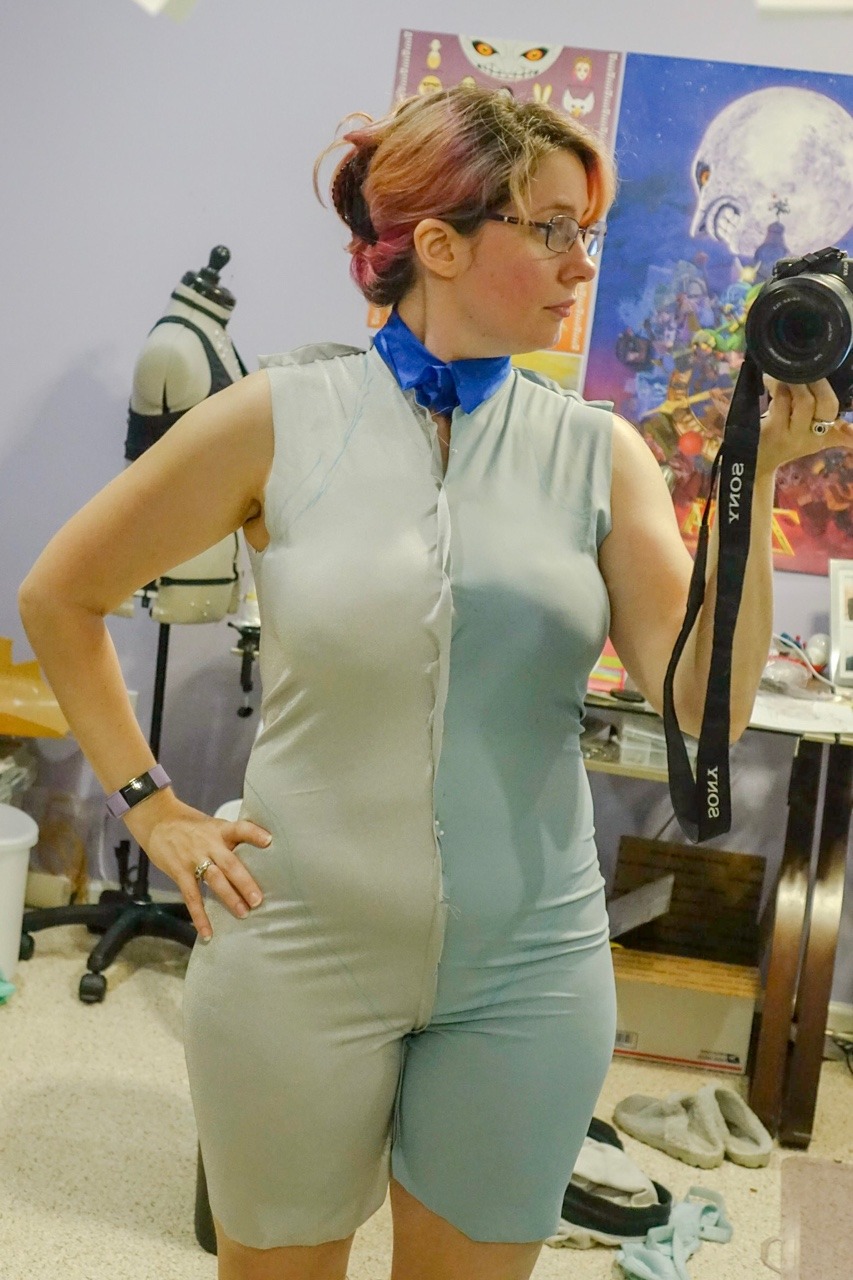

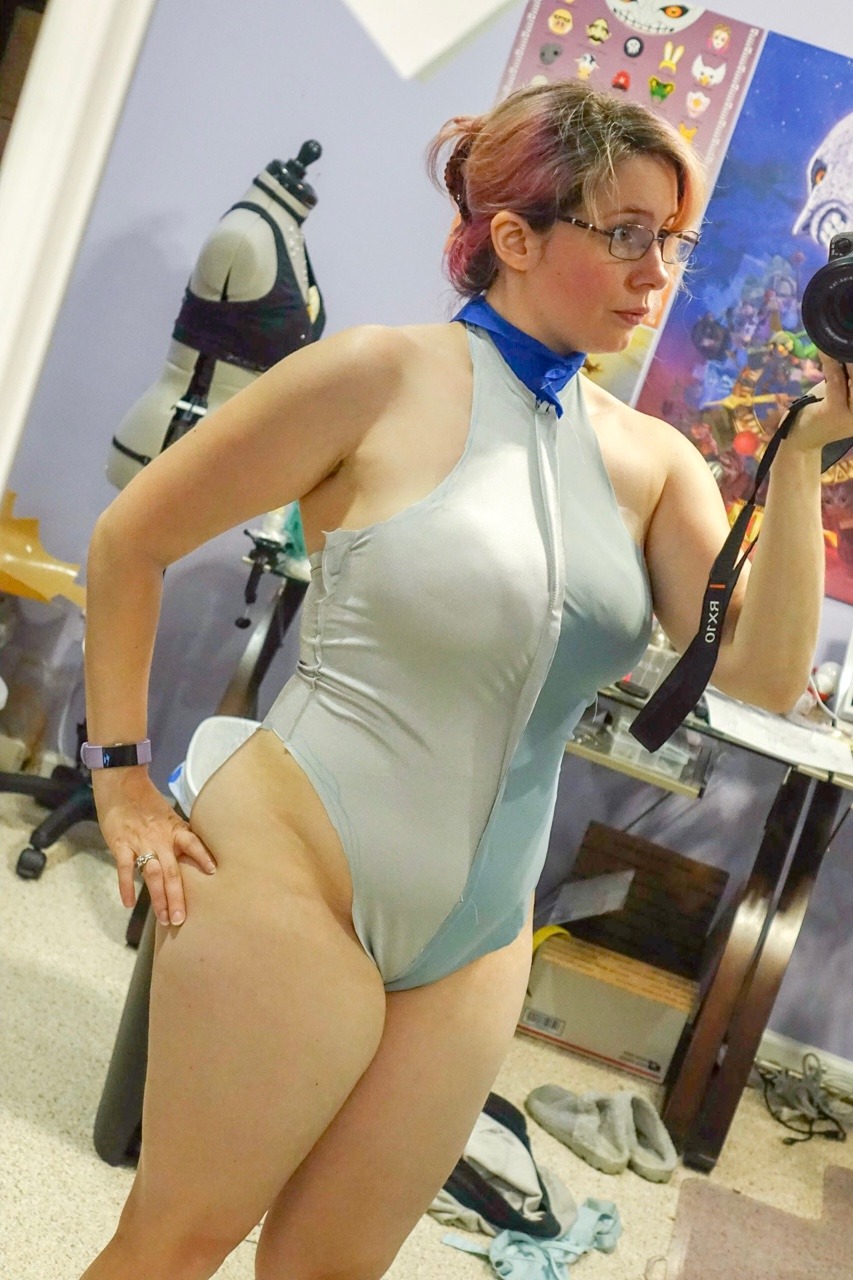

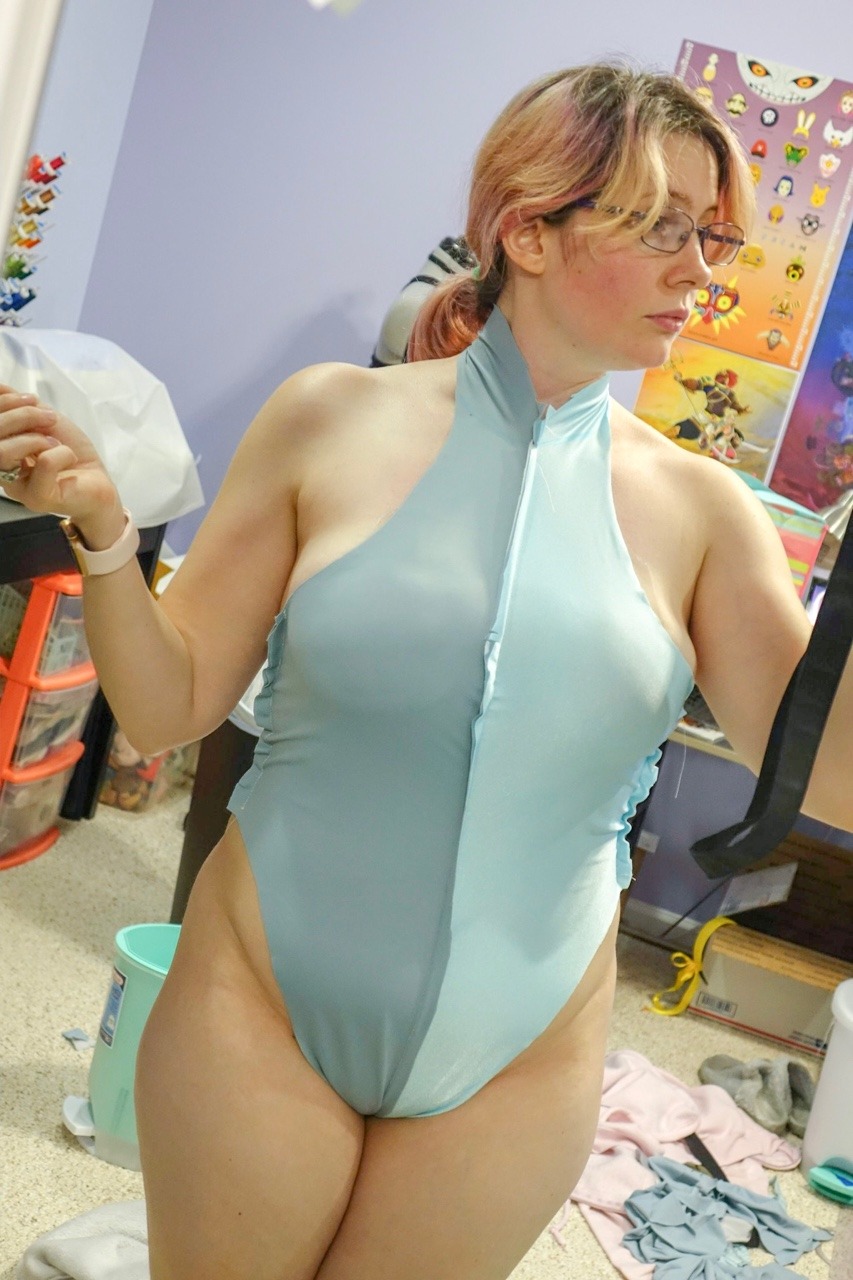

Warrior Peach WIP
I’m finally getting started on the Warrior Peach by @skirtzzz! It’s going to be a task since I’m very unhappy with both my mental state and my body at the moment, but you know what gonna press through cause I want to cosplay this dammit.
The first task before me was getting the bodysuit ready before I felt prepped to do the armor. Since I can’t wear a bra, I’m trying these Silicone Breast lifts from Hiramex (found on Amazon) to at least help with boob movement underneath the armor. Even though I have heavy cups they are really doing a great job at least reducing boob rash!
With that done I started making a guesstimate on the bodysuit. With some excess spandex from other projects I used the bodysuit pattern from Kwiksew to give me a high collar suit and just didn’t cut out the full legs. Way more fabric than needed, but gave me a starting point. From there I marked off where I wanted to cut away fabric, and then slowly trimmed and reshaped. With my first draft done, I re-cut it from new fabric and re-sewed. To be honest I’m super happy with draft 2, but I’m having crotch issues so I’m going to go with one more final draft and then think about cutting the full suit.
writing tip #3436:
don’t stress about your first draft. don’t stress about your second draft. don’t stress about your third draft. don’t stress about your fourth draft. you may stress about your fifth
Drafting me: this isn’t perfect, but I’ll sort it out in the editing phase :)
*Two months later*
Friend: How are you doing with your novel?
Editing me:

[please credit @isabellestonebooks if reposting to instagram]
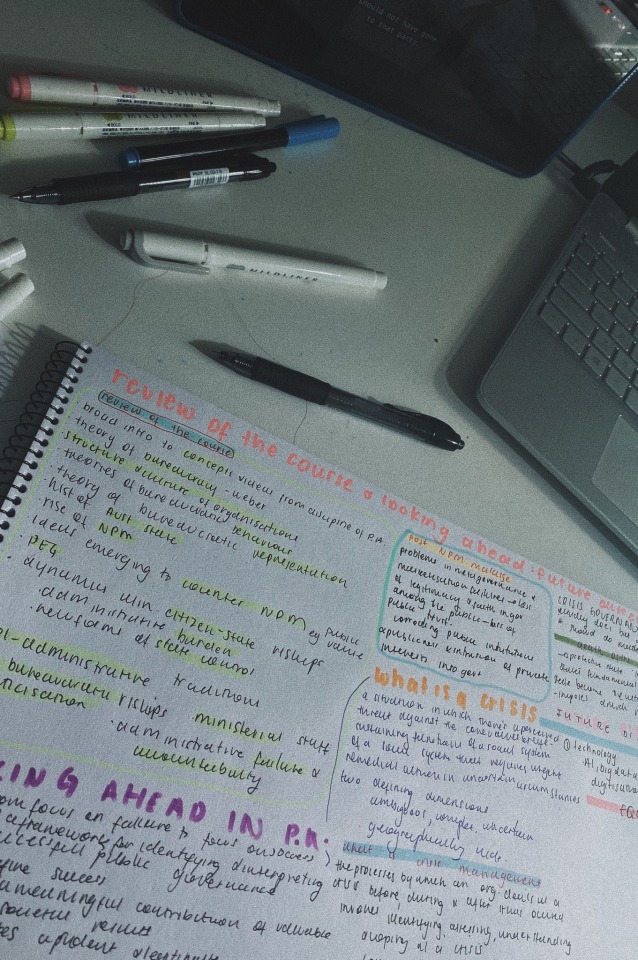

28.05.2022—finally making strong headway with this essay that i’ve been struggling with all week. not long left to go now. although referencing isn’t going to be fun
Started a new drawing that is going to be my largest piece since college! There will be rococo. There will be bugs. There will be obscure musical instruments and general esoterica. #drawing #drafting #wip #pencil #sketch
Post link
The boy’s dedushka—poorer yet another pawned possession—grows somber over the wire-thin wheel of his Zhiguli. His hooded eyes look heavier, grayer, their severity ever-growing. A once lively blue sheen within them dies, fatigued to silver over the passing road, and those familiar lines which form thoughtful creeks and valleys to flow grandfatherly thoughts across his forehead seem now deepened to canyons: rumpled, furrowed beds of tumbling dread.
The drive home from the city lock-up has grown routine. The dedushka drives like his age, rolling a reasonable speed down the highway to rural nowhere—an unmarked path of snow save for skids of gray where other tires have rolled before—while the boy sits humbled in the passenger seat and says his usual sorries. Dedushka, who at this point in the drive would normally have offered a few deluded words of forgiveness and certainty about the boy’s innocence, says nothing.
Their noses stay cold while their boots warm in the max-blast of the drafty Vaz-2101’s heat. Permanent polar dusk hangs the sky midnight sea-blue overhead: a lightless ultramarine that soaks into snow, rendering the winter scene around them an abyss of blue. Mountains rise and fall on either side of the sturdy old car (whose Lada-factory himmelblaualso blends right in), their peaks indistinguishable from sky. The lonely Murmansk Oblast highway—its asphalt brittle with subzero cracks, scabbed over with quick-fix tar adhering the scabbed patches of scaly concrete, pale and salty and fractured—takes on this same color of undersea nothing. Only the fiery gold of the Vaz’s headlights and the far-off glow of another car’s tail lights (which disappear in a blink now over the winding road, red ghosts retiring from their haunt of the cold night) offer any splash of color to the arctic landscape. Another quarter hour passes before finally a growing treeline rises to separate snow from sky: its green dulled to lightless black, the heads of spruces forked and horned, rising proud to border endless night.
The Vaz roars slatted, dusty heat at its passengers—the meager byproducts of its overworked engine—and though it struggles to make their slice of cabin space any warmer as they rocket through subzero tundra, it easily fills the air between the boy and his grandfather with an odd, buffering tension. A disquieting tension, specially produced by inanimate objects who noisily carry on their purpose in the face of those momentous and traumatic peaks of human experience. Deaf and steady, no matter the social context nor the emotional climate around them—these things belonging of course to the abstract tangles of feeling, territory of a dark jungle existing only on an unseen plane, and as such fully impossible for the copper radiators of Soviet-era Vaz-2101 compact sedan Zhiguli’s to gauge. Ghostly broadcasts from the realm of the unsaid. And even in the human animal who both creates and occupies this realm—one foot in the material, the other in the immaterial—it is a peripheral place of shadow, slippery, fleeting, dodging and scurrying away whenever one looks for it, and its existence, if not doubted and dismissed by its creators altogether, is at the very least ignored.
And so the heat roars while the boy tries once more to tell his dedushka he’s sorry, forcing him to come out with the words much louder than feels appropriate. “I didn’t mean to get in trouble again,” he says. He balks after that, nearly shuts up, but something in him finds the nerve: He asks Dedushka what he had to give up to pay the cost of bail.
The question sits naked and profane between them. A lewd thing, a sacrilege making mud of their now beaten-path pilgrimage from the dirty claws of the city ports back to the unsullied snow of the forest cabin. His dedushka, stormy in the mouth and eyes, shakes his head.
The boy pushes luck further: “I’ll pay you back,” he says.
His dedushka Volodya, who ran his usual rounds this morning assuring everyone who’d heard the gossip that there was some sort of misunderstanding, that his grandson was a good boy with bad luck, that he was an innocent fallen into the clutches of trouble, that he had to do whatever it took to get the boy out of jail, says now, “Whose money would you put in my hand?”
The boy knows not to answer. He doesn’t know the answer anyway.
“Whose blood would I find on it?”
The incorrigible boy, who has always seemed to know nothing of law and order, of conscience and scruples, whose destructive spirit seems to his dedushka to hold the beastly innocence of a wild pup who mauls a smaller creature—a neighbor’s pet—and returns, tail wagging, with blood on his maw and limp carcass in his teeth, is once again shamed to silence by that lone hallowed star of his life: his grandfather’s disapproval.
And that’s the problem, isn’t it?
He’s sorry to have disappointed his dedushka, and he means just that.
The boy is sorry to have fallen out of his favor, but he’s not sorry for what he’s done. Like Kazak and Tsaritsa and Jezebel, who know that pissing in the house incurs their master’s wrath, the boy doesn’t see the why of it.
Dedushka, who has never seemed quite this angry with him before, offers a final warning: that the boy shouldn’t tell his babushka of any of this, lest he strain her heart to its early grave. Grigori Rasputin. And a Solonik on top of it. “What did your mother expect? You’ve all the good sense of your namesake!” A disgraced mystic con man, and the boy’s drunken wretch of a father. He can’t decide if his daughter is a fool who doomed her son with such a name, or a clairvoyant who merely assigned him the most appropriate title. (His mother, were she there in the car to defend herself, might explain that the boy–who was born on the feast day of Saint Gregory–had all throughout her pregnancy announced himself through many a kick as a hellraising little rasputnik, and once she finally held the newborn in her arms and saw for the first time those hypnotic green eyes, she knew there was simply no other name for him. Furthermore, she found it harmlessly amusing to tell her rambunctious little Grigori Rasputin what a lady’s man he would grow up to be.) “At the docks again, consorting with vory. You didn’t mean to get in trouble? Smugglers and black marketeers? Grebenschikov? Sturgeon?”
Grigori, who perhaps has more than a foot in the immaterial, struggles as always to see the forest for the trees. Though he has been able to solve calculus equations in his head, diagram the syllogisms inherent in French existentialist philosophy, recall every historical date ever mentioned to him, and monthly earn fluency in new languages since before all his baby teeth fell out, the complex thoughts and feelings of others—especially those rooted in material concerns like safety, practicality, tribal instinct—are to him impenetrable. And so he means just what he says when he answers his grandfather: “I wanted to see what they looked like…”
There’s nothing more to say. The boy doesn’t get it. Dedushka offers one last head-shaking remark, more to the universe than to Grigori: “You were almost called Nikolai.”
He has an answer for his grandfather, but he keeps it in his head: Perhaps then I’d be a passion-bearer shot in a basement…
The remainder of the drive passes without a word, Grigori shamed and droopy and window-gazing. He doesn’t know how to make things right. The clunky Vaz, its noisy heat, its rubbish brakes, and the unyielding highway rush of winter air on its boxy frame supply the rest of the drive’s soundtrack. Paved highway eventually tapers to snow-cased dirt path, and the woods grow thick and cluster tameless along the road. Trees crowd in chess formation: At the front lines stand the straight, thorny stalks of dead birch. Their branches fork like wooden lightning, joining hands to fence themselves as pawns along the perimeter. Beyond them the proud evergreens—thick, impenetrable, immovable pine and spruce—stand together. They shroud their forest under cover of darkness. Their king, their queen, wherever they are, cannot be seen or found. And when civilization is out of sight, when pointed trees consume the world and the road is lost to forest and snow, the boy and his grandfather drive through this darkness wherever the Vaz will fit, forging their own path.
Eventually, the woods thin. At the forest’s heart a clearing emerges: night-soaked snow pricked by the blurred sunburst arms of distant light. Cabin windows—gold bars whose value soars beyond measure in the wilderness—peak through the trees, and soon they find themselves rolling up to Dedushka and Babushka’s house, glowing safe and warm in its snowy clearing through the forest.
I forget about Tumblr sometimes. But never about writing.
Both patients, upon receipt of week-long meal plan menus at intake, checkmarked egg-based breakfast items for the following morning and Swedish meatballs for that night’s dinner. The thief’s daughter, who received her meatballs in Unit 1’s dining room under unremarkable circumstances, was predictably unable to eat her food. The ex-convict ex-Marine had not fared any better. He received his meal tray in the intake interview room a short time after intake nurse Sam—who is the sort of girl that the ex-convict ex-Marine, in better circumstances and cleaner clothes, would normally find himself compelled to flirt with—concluded her interview by asking him to recall the last time or thing that he ate.
“Alright. One more question for you, Mr. Scarpacci. What did you have to eat today?”
He thought for a long time. He found himself painfully aware of how long this took him—painfully aware of his muddled thinking, of his cognitive slowing. This, like every other vulnerable, revealing admission he’d been forced to make to the highly attractive yet highly clinical intake nurse Sam, pained and embarrassed him. He had by this point told intake nurse Sam of how much he wanted to die and how often he’d thought of it, of how at first it had crept into his mind at low points in the week, perhaps just a fleeting thought on the drive home after a terrible day or while reflecting on some future work task he dreaded, “I could always just kill myself,” and how it had initially presented as a relaxing little nothing, a thing to say to himself, an imagined route of escape down which no one and no annoyance and no stress and nothing at all could follow him, an innocent fantasy, therapeutic even, especially when he imagined the feelings and conversations of the bewildered people he’d leave behind, people who thought he seemed so carefree, and how this once relaxing thought had at some point thereafter fully entered and possessed him, how it had become the only thought he had, how life had become relentless blistering cold, how suicide was a warmth to which he was drawn, a warmth he longed for but which he didn’t have the courage to reach, how it had eclipsed even the warmth of cocaine, alcohol, sex, how it had become the only warmth in his life, the only possibility. He told her how many times he’d tried to die. This admission, which had made him cry in front of her, was the most embarrassing of all. Several times, he’d realized aloud, had been passive attempts. Small things like walking into traffic and hoping a car might hit him. He regretted telling her these things. He regretted coming here. And here his mind fled reality and refocused instead on the diminishing prospects of successful sexual pursuit of intake nurse Sam, which—if they had not already been such the entire time—had surely slimmed to nothing. And with this thought came also the thought of the woman he had spent the past several months risking contraction of venereal disease to forget: his soon to be ex-wife.
And so he fled these winding caves of his mind and returned to the present. He returned to intake nurse Sam’s question. What did he have to eat today? He searched for a meal, a snack, a single crumb across the gray, fading, waterlogged pages of his memory, blurred beyond recognition by alcohol. Unfamiliar face upon unfamiliar face consumed upon unfamiliar bed, accompanied by all manner of drugs—some current companions, some old forgotten friends (he’d managed to come into possession of a few tabs of Dexedrine), and some new acquaintances. His memories of this morning blurred into last night, which blurred into last morning and so on. He remembered the cliff, he remembered the officers, he remembered jail, he remembered vomiting. He recalled no regurgitated traces of food, no familiar colors, no identifiable tastes; only alcohol and bile.
He thought and then he said, “I don’t know.”
“No breakfast? No snacks?”
“No.”
She wrote something on her pad.
“When did you last eat?”
“I don’t know…”
She continued writing.
“What’s the last food you can remember eating?”
“I think I had some Cheerios… a while ago.”
“Was that today or yesterday?”
“I don’t think so…”
More writing.
“How long do you think it’s been since you ate?”
“I don’t know.”
“I’d like to get your weight and your vitals.”
Intake nurse Sam was none too pleased with the results. He questioned the accuracy of her scale, which placed him nearly twenty pounds shy of his normal range. Though, admittedly, he’d been notching his belt tighter than usual the past couple of months, and though admittedly several friends and family members had told him he was looking sunken and tired, he said he’d attributed this to the cessation of his workout routine (what he called PT) and the loss of muscle mass.
I tend to write in fragments that I later rework into complete sentences and scenes. Here’s a time lapse from today. I started with half fragments and half old draft and tried to rewrite them into a coherent scene. What about you, other writeblr followers? How do you draft? @viragowriter@cawolters@vxkassiopeiaxv@lmrclarkeauthor@silas-fenderson@grittygambit@somegaywritersfactory@closetedteenagewiccan
describing appearances without making it too weird
You want to describe your characters in the by-the-way, but somehow, you can’t seem to nail it, and it seems out of place. here’s a couple of tricks to help you out!
#1. Tie in descriptions with backstory and character
A steady rule to follow is - two lines of description, one line of inference. What this means is, that after your character has been described (for example, a girl with red hair and freckles) then you follow up with an inference your character makes about the character being described (for example, that the red-haired girl is from Europe, and that she’s fairly young in age) This way, the description doesn’t get monotonous, and we get inner dialogue!
#2. Use figurative language
Don’t go overboard with “her blue orbs rolled backwards into her skull” - but a few metaphors and similes never hurt anyone. It can help your description go deeper, and try to make interesting metaphors, rather than old, overused cliché ones like “her blonde hair shone like the sun” but rather, “her honeycomb-gold hair was tucked into a bun” (it’s 2am so excuse my bad examples)
#3. Talk about facial expressions
Facial expression show a lot about a character! Are their eyes twinkling, or somber? Are there eyebrows relaxed or knitted tightly in tension? Are they smiling or chewing on their lip in nervousness? What is something about their facial expressions that immediately catches the eye of your reader? Does their smile reach their eyes? There are a lot of little details you can incorporate along with regular description.
#4. Use body language effectively
Are they standing with their arms crossed, defiant? Or are they meekly smiling? Or do they have a forced smile as their hands are curled into fists with rage? Body langauge and facial expressions go hand in hand - use them well!
#5. Try to talk about a single unique feature about your character that will help your readers remember and differentiate them.
Do they have a coloured streak in their hair? Coloured lenses? Or dimples when they smile? Continually reference this one aspect of their appearance to help solidify this character’s appearance in the mind of the reader. Maybe have the POV character call them “pink-haired girl” until they learn their name. That way, the character can easily imagine them with this definable trait and keep track of the different character!

